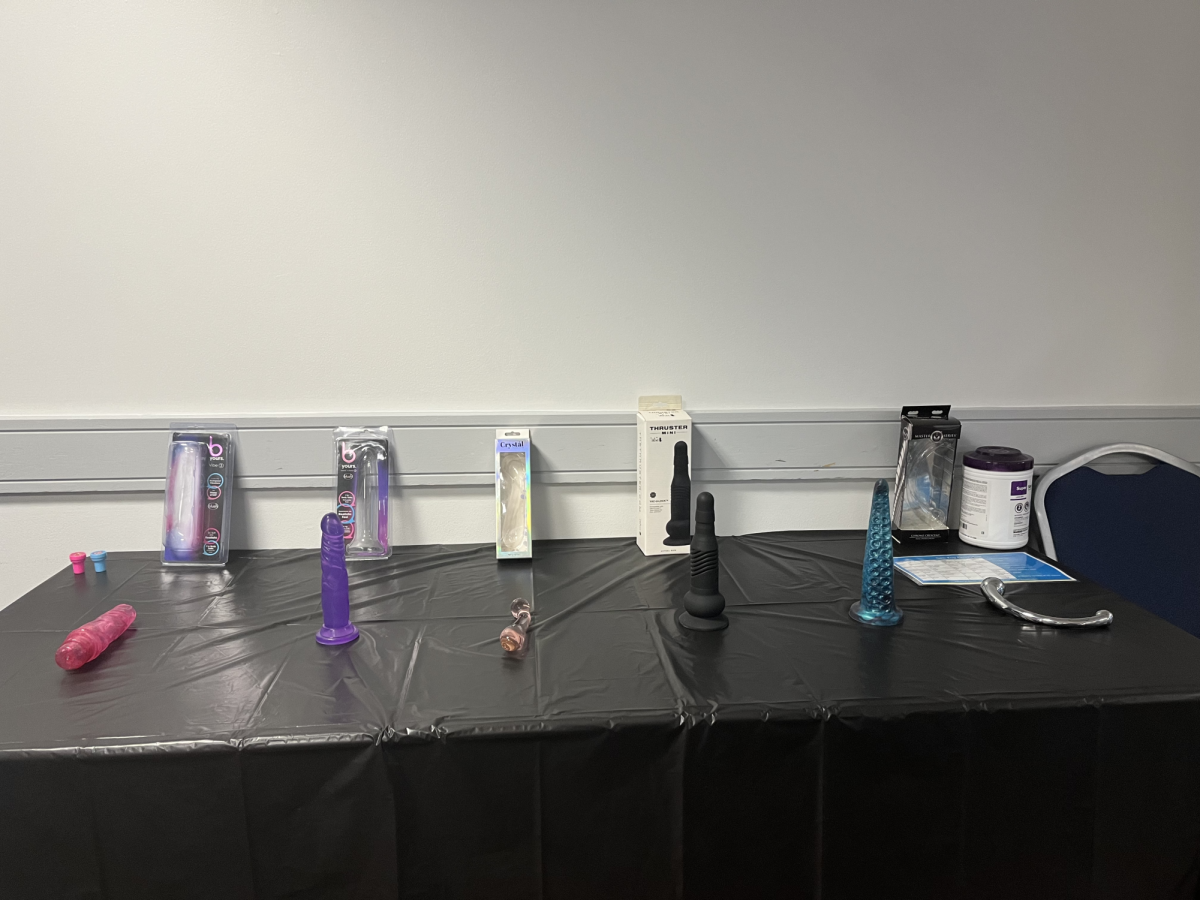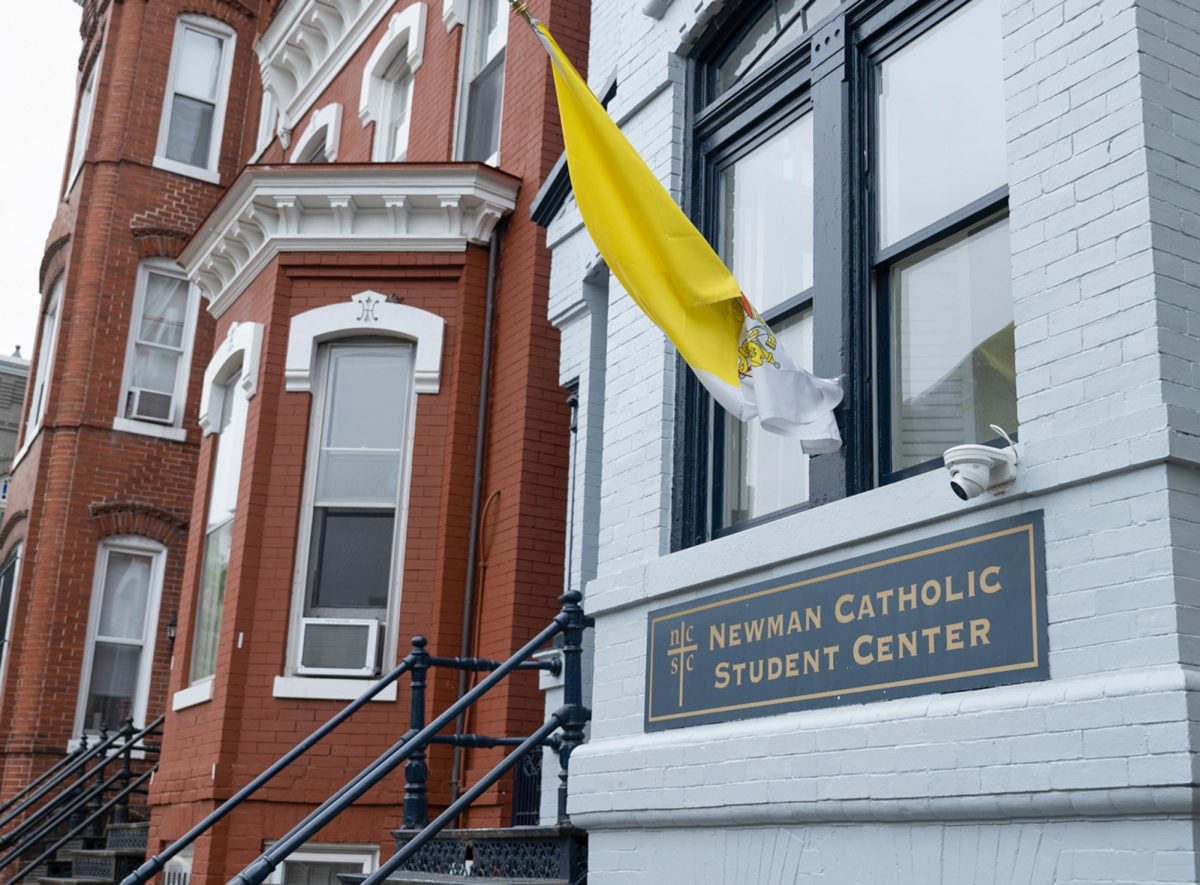Perhaps the solution to D.C.’s ailing public school system lies not in complex education policy, but in something far simpler: a lemonade stand.
To equip fourth to seventh graders with business skills, sophomore Emily Massel is spearheading a program called Lemonade Day-D.C, inserting college students into classrooms as mentors.
She aims to reach 1,000 students across all eight wards in D.C., connecting with the public school system, charter schools and after-school programs, culminating in a citywide spread of kid-operated lemonade stands April 14.
For Massel, the need for the mentorship program in the District is not only apparent – it’s urgent. Its public school system has a 56 percent high school graduation rate.
“[The students] need to experience a connection between what they’re learning in the classroom and real life consequences, and feel like there’s a reason why they want to stay in school,” she said. “It’s, ‘If I learn how to make this happen in the classroom, look what I can do, look what I can become outside of the classroom.’ ”
The Lemonade Day curriculum teaches business basics like finding an investor and calculating loan payments to things like how to craft healthy lemonade. Each child designs an individual business plan, taking all steps – even D.C. zoning laws and permits – into consideration.
More than 400 first-year students in the GW School of Business will become mentors as part of a service-learning initiative, business school Assistant Director of Undergraduate Programs David Ruda said.
“We talk so much about service at GW, and I truly believe that service does open people’s eyes, but there’s something to be said about the fact that we’re doing it in all eight wards in the District,” Ruda said.
Even a rudimentary lemonade stand proves prosperous for burgeoning entrepreneurs. Ruda said the annual average net profit from one lemonade stand through the program is $100.
Sophomore Abigail Howard, an international business major and vice president of marketing for Lemonade Day-D.C., hopes the program can cultivate an arsenal of future business leaders.
“A lot of kids want to be lawyers, doctors or firemen because they know people in those jobs. It misses a huge range of jobs in business,” Howard said. “I want them to know they can try new things, and they can make money doing it.”
Often, kids’ altruism matches their enthusiasm for the program.
Massel said on average, participants give back 25 percent of their profits to charity.
“These kids are able to…empower themselves by coming home with $100, and sending themselves to summer camp, adopting a pet, saving for college or donating to their local food bank,” Massel, an international affairs major, said. “With that profit that they make, there’s a lesson on ‘spend a little, share a little, save a little.’ ”
Youth participants aren’t the only ones honing business expertise. While the project is an exercise in entrepreneurship for children, it also forces business students to employ their marketing finesse.
“Many times you’re asked in a business meeting to sell yourself, to sell your brand, to convince someone that you need them to buy whatever it is that you have or to make a trade,” Ruda said. “Part of what Lemonade Day is, is we are teaching our students in the First Year Development Program to go into schools and ‘sell’ Lemonade Day to these children.”
The magnitude of student involvement in the District’s chapter, as well as its emphasis on social entrepreneurship, brings what Massel called an “avant-garde” take on the national program. The D.C. division takes mentorship training beyond the halls of Duques, incorporating students from the athletics department, as well as other D.C. universities, including Georgetown and American.
And while Lemonade Day serves to engage and empower youth, its hands-on, interactive model has a reciprocal impact on university students. GW is one of the top feeder schools for programs like Teach for America and the Peace Corps.
“[Students are] going to see a very different part of the city and ask themselves some questions about education,” Ruda said. “I would definitely pitch this as our college students investing in the communities within D.C.”







